Motorsport Week takes a look at exactly where Formula 1 is in terms of its proposition to ditch V6 hybrids for a return to the days of the V8.
Just lately, it feels as if there is a sense of mixed messaging emanating from the world of Formula 1 as to the future direction of the sport. If you listen to the FIA president Mohammed Ben Sulayem, it is going to take a step into the future by taking a step into the past, by seeking a plan to reintroduce V8 engines upon the conclusion of next year’s new electrified V6 era.
It’s no secret that Ben Sulayem is a traditionalist in this respect and would love to see F1 return to a more ‘classic’ kind of formula to be a cornerstone of how it looks in the coming seasons.
Not only that, but there would be a dovetailing with modern progress, by using sustainable fuels, and coupled with the case being made that it would reduce costs by replacing a battery with a KERS-style system.
Many drivers have all spoken fondly of such an era of F1, and whether they are old enough to have driven in the bygone eras or not, they appear to be keen to see it go back that way, noting the undeniable excitement that these engines produce.
Whilst F1’s CEO Stefano Domenicali has pitched some radical schedule changes that could irk the established set of fans in order to appease the Netflix generation – as well as many of the drivers – there appears to be some common ground when it comes to what is powering the cars.
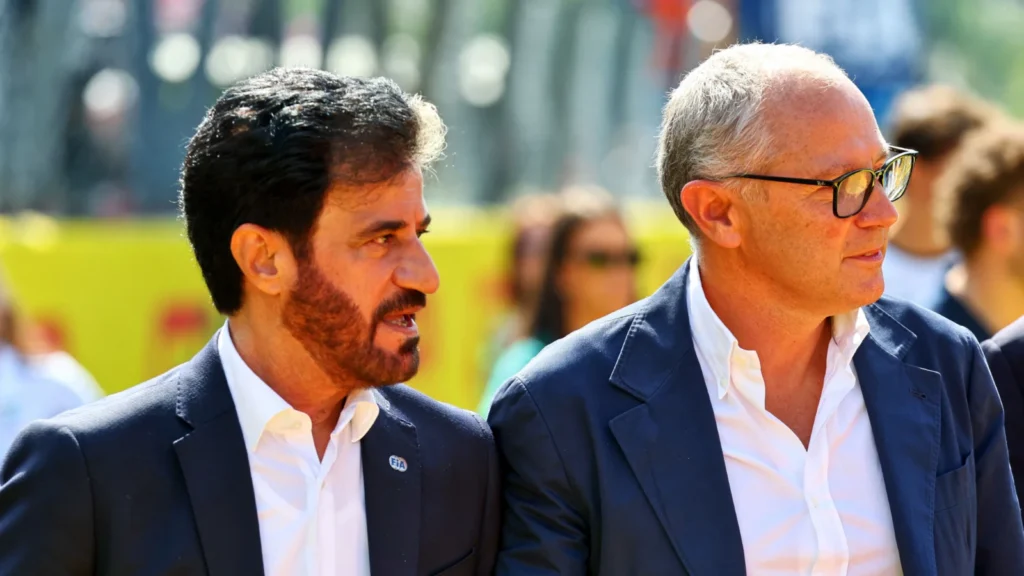
The establishment seem keen, the newbies do not
It may have been largely agreed that, despite the desire in many, V8s cannot return until the planned completion of the forthcoming generation, which is 2031. There would likely be a relatively positive response to this, particularly from the likes of Ferrari and Mercedes, the more established old guard of F1.The Scuderia’s boss, Fred Vasseur, appeared to convey his wish for such a future for F1, speaking to media including Motorsport Monday earlier this month.
“Compared to the previous changes of regulation, we are quite in advance,” he said. “We have discussions because it’s not an easy choice. We can find quite soon a common project, let’s say. But we are not in a rush to take a decision today or tomorrow that tomorrow at the factory everybody is focused on 2026. And even if you come with a regulation tomorrow, that we won’t start to work, it means that we have to make the good choices. We have a couple of items where we can find a deal between all the manufacturers, the FIA, Formula 1. And I think this is for the benefit of the F1, that it makes sense to discuss and to find this kind of deal.”
This might be the viewpoint of a longstanding manufacturer rich in F1 heritage. Not so for some of the new OEMs, though. At the Bahrain Grand Prix earlier in the year, a meeting was called to discuss the potential reintroduction of V10s in the future, and they are largely bonded together by entering F1 given the further electrification.
Honda has been said to be returning for this reason, the Japanese marque coming back after a four-year hiatus to power the Aston Martin challenger that design guru Adrian Newey is overseeing at Silverstone. Ford is in the same boat, returning after a 22-year absence to work with Red Bull’s Powertrains division. And lastly, in comes Audi, making its first-ever venture into F1. The German giants have a successful history in electrified racing, having won the Dakar Rally with the hybrid RS Q e-tron E2, and a Teams’ and Drivers’ Championship in Formula E.
The Audi camp made its feelings clear prior, voicing the manufacturer’s concern about this step towards a more ICE-based future mooted for F1, and it appears that is still the case.
“I think fundamentally there were three pillars that Audi set their entrance into Formula One on,” Sauber/Audi Team Principal Jonathan Wheatley said. “One was a highly efficient engine. Another one was advanced hybrid technology and sustainable fuels. So I don’t think our position has changed on that. As far as I know, we’re going to stay in that position for a very long time.”
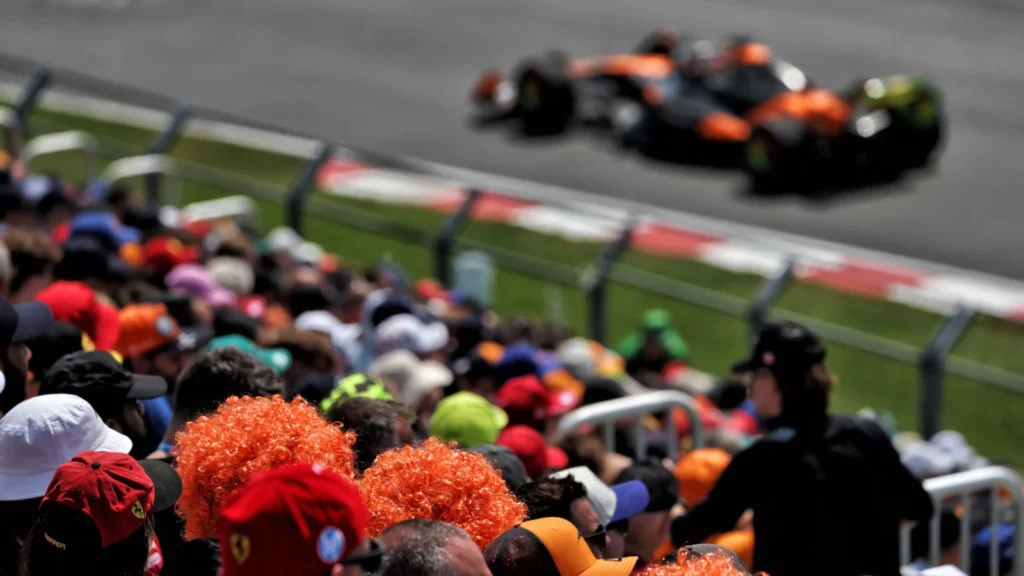
Will F1 eventually become unplugged?
Whilst it has been agreed that a pivot towards V8s earlier than the scheduled end date of next year’s regulations will cause a financial disaster for teams and therefore the sport, there is still a huge risk that these OEMs will decide to pack its drawing boards up and vacate F1 as soon as V8s are hypothetically confirmed to begoing back into cars.
That means it is now up to Ben Sulayem and Domenicali to convince the sceptics that it’s worth doing, and surely the cost will be an attractive case to make. But if the OEMs concerned are just that stubborn on the issue, then their futures in F1 will be likely down to how successful they have navigated their first campaigns.
Honda, Ford and Audi are all great names to have either back in F1 or in F1 for the first time, and that is part and parcel of keeping things fresh and maintaining excitement. But at what cost? Would potentially appeasing these brands to maintain extreme electrification of F1 worth doing if it may potentially turn fans off, particularly when they are sensing a return to a semblance of its ‘glory days’ being within a touching distance?
There is also the point to be made that single-seater electrification is already firmly in place, through Audi’s old stomping ground: Formula E. Whilst an exciting and often unpredictable sport, FE is also struggling to reach the mainstream, and the electric side of things is surely an overriding reason for that. In the plausible scenario whereF1 edgescloser and closertowards more and more electrification, it poses two questions: why make yourself like something that already exists? And what’s the point of that if it’s going to be more like it anyway?
F1 is going to be motoring, with some battery, towards a crossroads of its future. All parties that are involved must think carefully about what, and how, their next steps are and how they are taken. And whilst it has to consider those making up the grid and the drivers that make that up too, the fans tuning in and arriving at circuits in their droves must be at the forefront of it all.
READ MORE – An F1 fan’s perspective on Lewis Hamilton’s Ferrari Monza bow
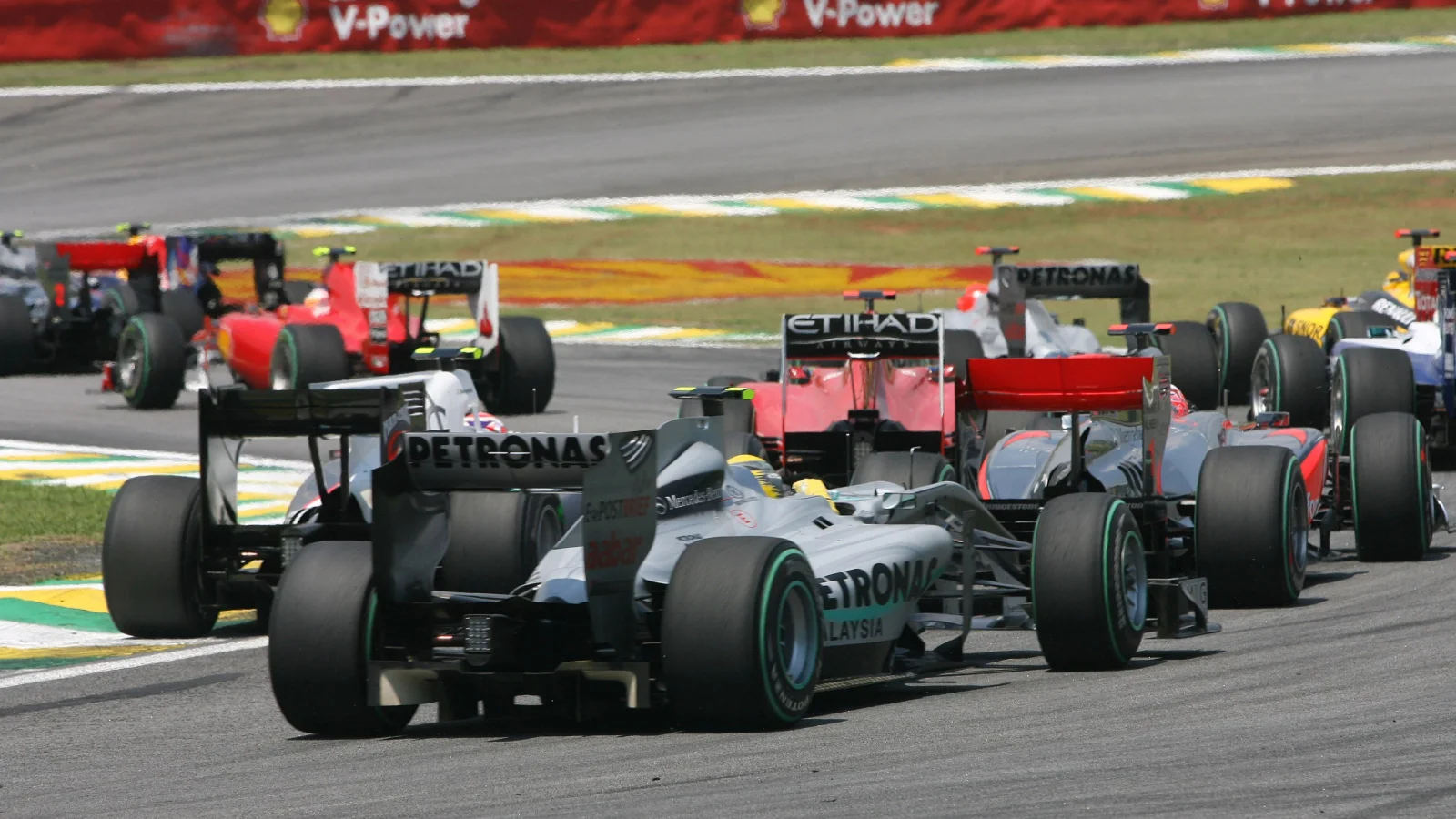


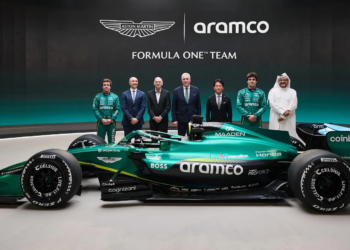
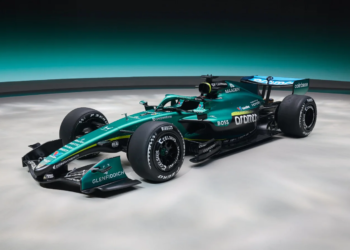
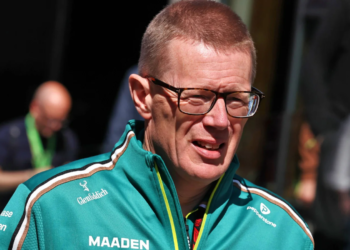
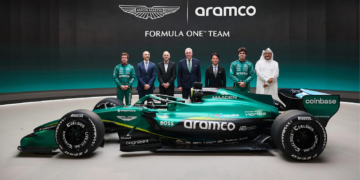
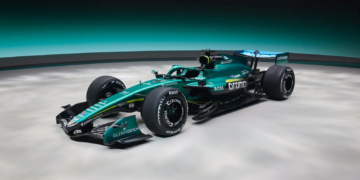

Discussion about this post